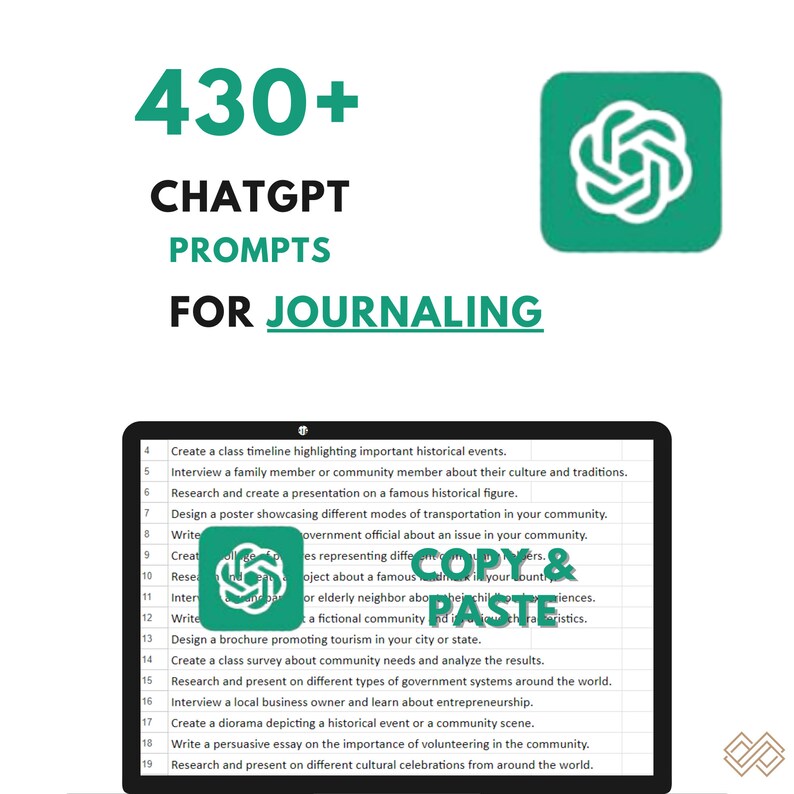

116), a leading expert in neuroscience.Īs it relates to learning, metacognition begins with us forming beliefs about how best to learn and where we should focus our attention (Fleming, 2021b). Crucially, it improves “the way we make decisions about how, what, and when to study,” says Stephen Fleming (2021b, p.

Understanding metacognition and using our reflection skills can help us in education and enhance our ability to acquire the skills we need throughout life.

Being fixed in what we know and not recognizing where we have scope to develop is unhelpful and even harmful. In an ever-changing world where people live longer, change jobs more frequently, and need new skills almost daily, learning is indeed lifelong. The brain is a collection of networks and has the capacity to think about its own thinking (Fleming 2021a). After all, doesn’t it seem impossible that the brain can peer in on itself? Isn’t this a prerequisite for self-reflection?įindings from neuroscience and cognitive science research prove that the brain is not a single, indivisible organ. Perhaps surprisingly, it is only in recent years that metacognition has been considered a valid and valuable subject for research (Fleming, 2021a). Conversely, never feeling we know enough may stop us from engaging in an activity or interacting with a group (Fleming 2021b). Both under- and overconfidence in our knowledge and abilities can lead us to fail to perform at our best.įor example, thinking we know something well when we don’t can leave us unprepared and oblivious that we can’t answer the question or perform the task. Reflection and introspection in learning are crucial, and the more accurate, the better. The capacity to do so relies on our ability to reflect on ourselves, such as how we think, feel, perceive, and decide things in our lives (Fleming, 2021b). Self-awareness is, after all, one of our defining features. Humans are very good at explaining what they do and why. 11 Best Questions for Kids and Students.Fostering Reflection: 4 Skills for Teachers.These science-based exercises will explore fundamental aspects of positive psychology including strengths, values, and self-compassion, and will give you the tools to enhance the wellbeing of your clients, students, or employees.
Self reflection prompts how to#
In this article, we explore the potential of reflection to help us understand how to think and learn and some activities that can help.īefore you continue, we thought you might like to download our three Positive Psychology Exercises for free. While there was a time when we believed that rote learning, memorizing information based on repetition, was the path to good education, it now appears insufficient for our rapidly changing world, where we constantly need to get to grips with new ideas (Fleming, 2021b). It seems that our reflective ability to think about our thinking, known as metacognition, can provide a boost in all sorts of situations, especially when acquiring knowledge and skills (Fleming, 2021a). New research is uncovering the power of the reflective mind to help us with lifelong learning (Fleming, 2021a).


 0 kommentar(er)
0 kommentar(er)
